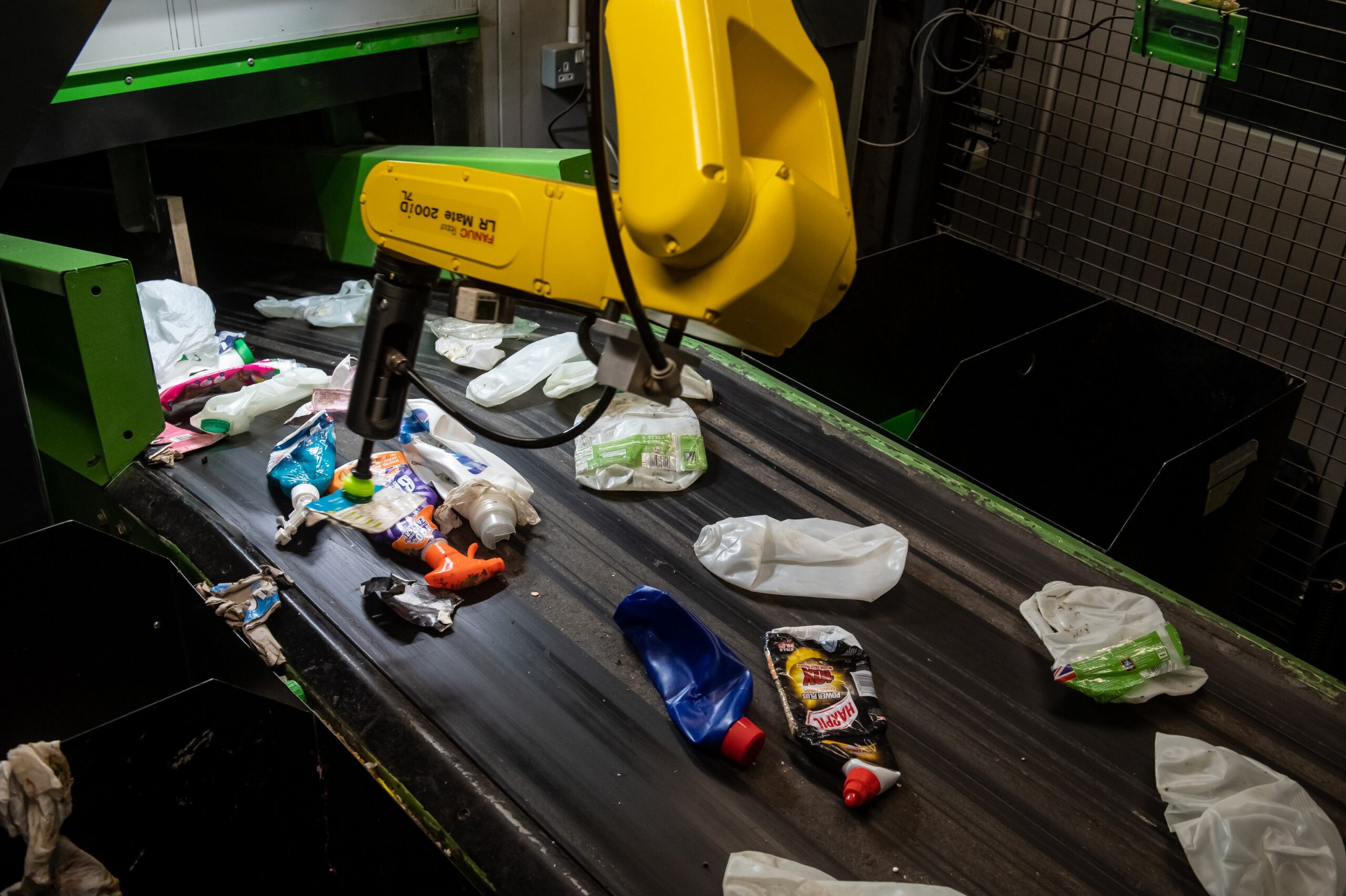
The Ripple Effect: How US Tariffs Could Reshape Recycling and Waste Management
New U.S. tariffs on steel, aluminum, and plastics could send shockwaves through the recycling industry, destabilizing prices and disrupting global trade flows. While aimed at boosting domestic manufacturing, these policies risk undermining progress toward a circular economy—leaving recyclers to grapple with oversupply, export barriers, and stalled sustainability goals. Can the U.S. balance protectionism with planet-friendly progress, or will trade wars leave recycling in the trash heap?

Breaking the Bottleneck: Solutions for Reducing Downtime in MRFs
Downtime from equipment failures can disrupt operations and cut into profitability. Learn how MRFs can reduce slowdowns through preventative maintenance, staff training, and smart upgrades to key equipment.

Maximizing Scrap Metal Revenue: Essential Tips for Scrap Yards
Scrap metal prices fluctuate, but there are ways to secure better margins. Learn how scrap yards can forecast market trends, diversify buyer networks, and prepare high-value loads to get premium rates.

E-Waste Recycling: A Lucrative Opportunity for MRFs and Scrap Yards
E-waste streams are increasing, presenting MRFs and scrap yards with new revenue opportunities. Learn how to safely dismantle, sort, and monetize electronics by recovering valuable metals and components.

Preventing Contamination in Recyclables: A Guide to Cleaner Bales for MRFs
Contamination can reduce bale value and lead to costly rejections. Learn how MRFs can improve sorting processes, educate communities, and implement quality control measures to reduce contamination and increase profits.

The Future of MRFs: How AI and Robotics Are Transforming Recycling Operations
Discover how AI and robotics are reshaping recycling operations. Learn how MRFs can increase throughput, reduce labor costs, and improve sorting accuracy through advanced automation, with real-world examples of successful adoption.

Optimizing Transportation Costs in Recycling: A Practical Guide for MRFs
Transportation costs are one of the biggest expenses for MRFs, especially when shipping low-density recyclables. Discover proven strategies to cut costs, from route optimization to regional partnerships, and learn how advanced baling equipment can improve margins.

Maximizing Value from Hard-to-Recycle Plastics: A Strategic Approach for MRFs
Hard-to-recycle plastics don’t have to be a cost burden for MRFs. Discover how innovative partnerships, advanced sorting technologies, and emerging markets can turn challenging materials into revenue-generating opportunities.

Chemical Recycling: A Game-Changer for Hard-to-Recycle Plastics
Chemical recycling offers a breakthrough solution for plastics that traditional methods can’t process. Explore the latest advancements in chemical recycling and learn how MRFs can unlock new revenue streams while meeting sustainability goals.

Investing in Advanced Balers: A Smart Move for Long-Term Profitability in MRFs
Upgrading to advanced balers can transform your MRF’s operations by enhancing bale quality, cutting labor costs, and improving efficiency. Learn about key features, ROI calculations, and real-world examples of facilities that increased profitability through better equipment.

Unlocking the Value of Plastics: A Comprehensive Guide to Resin Codes for MRFs
Understanding resin codes is crucial for maximizing material recovery and avoiding contamination. This guide breaks down the differences between resins #1–#7 and provides actionable insights for improving sorting accuracy and identifying valuable plastics.

Maximizing Plastic Recovery: Strategies for MRFs to Turn Waste into Valuable Resources
Effective plastic recovery starts with efficient processes and buyer-focused strategies. Discover practical steps to improve sorting, minimize contamination, and align with buyer demands to ensure your MRF maximizes recovery rates and profitability.

Closing the Loop: How Plastic Recyclers Drive the Circular Economy
Plastic recyclers are the linchpin of a successful circular economy, turning waste into valuable raw materials. Learn how Midas Peak fosters partnerships that help facilities close the loop, reduce environmental impact, and create a sustainable future.
